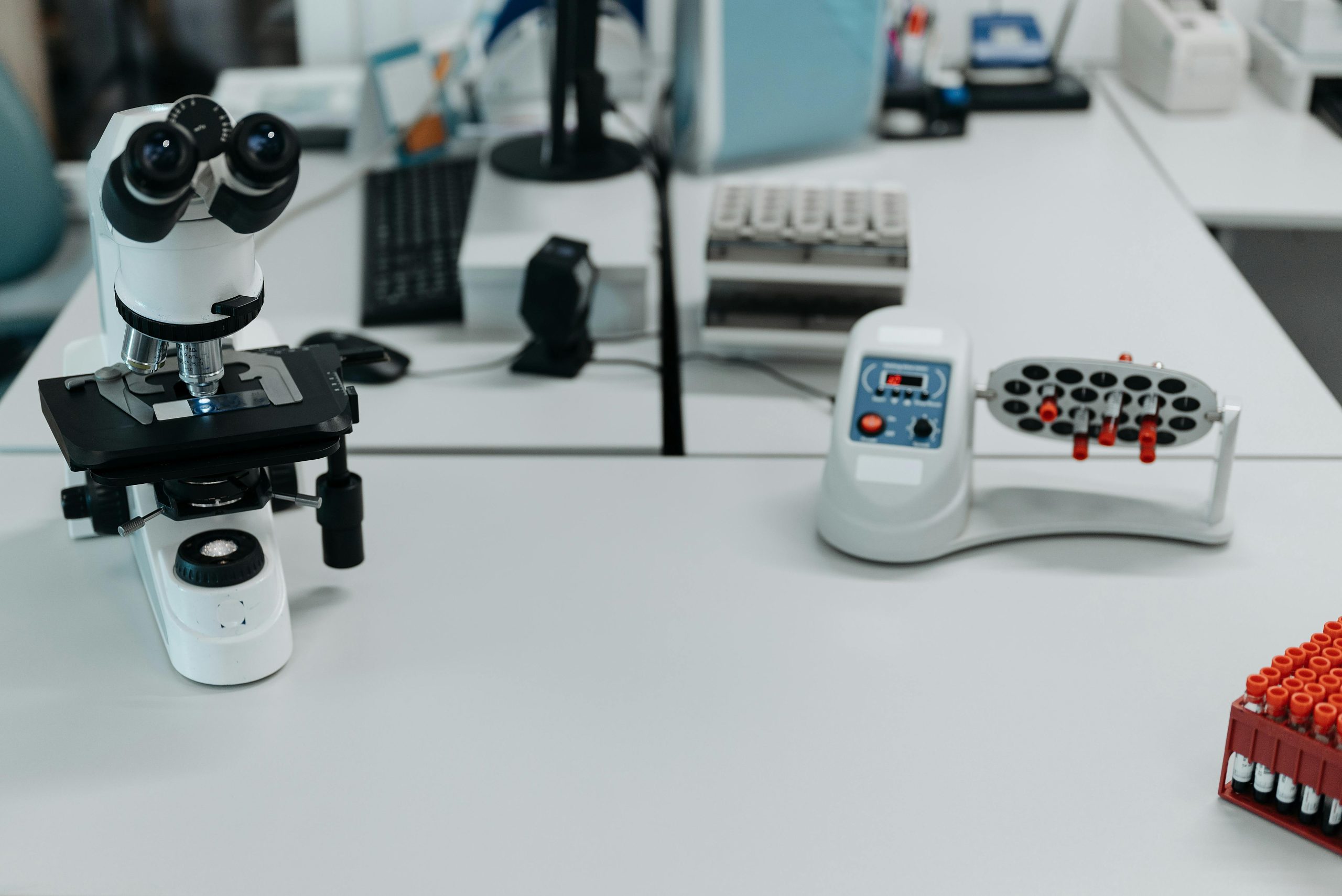DNA testing kits are an increasingly common way for people to delve into their genetic ancestry, learn about their family history and identify potential health risks. However, they also raise some serious ethical and privacy concerns that need to be examined.
The Boom of Home DNA Testing Kits
The home DNA testing industry has been on the rise in the UK for the past several years. According to scholar articles, companies like Ancestry and 23andMe are leading the charge, selling kits that promise to unlock secrets of your family tree and even predict future health problems.
A lire également : What Are the Best Practices for Enhancing Indoor Environmental Quality in UK’s Schools?
These kits work by testing a small sample of your DNA, usually obtained via a spit sample, and then analysing the genetic data to make predictions about your ancestry, health, and more. However, while this kind of testing was once only available to academic researchers or law enforcement, it’s now something you can do from the comfort of your own home.
But just because you can, does that mean you should? There are some important ethical and privacy considerations to take into account.
En parallèle : What’s the Latest in Smart Farming Techniques for UK’s Agricultural Sector?
Privacy Concerns
The first major concern with home DNA testing is privacy. When you submit your DNA to a testing company, you’re essentially handing over your most personal data. This data can be stored, shared, and perhaps even sold by these companies.
In many cases, you will be asked to provide consent for your data to be used in research studies, or for your anonymised data to be shared with third parties. However, the terms and conditions can be complex and hard to understand, and many people may not realise what they’re signing up for.
In addition, there is always a risk of data breaches. In 2018, genealogy and DNA testing service MyHeritage suffered a security breach in which the data of over 92 million users was exposed. This raises serious concerns about how secure this incredibly personal data actually is.
There is also the issue of law enforcement access to this data. There have been cases in the US where police have accessed data from DNA testing companies to solve crimes, and it’s possible that this could also happen in the UK.
Ethical Concerns
Beyond privacy, there are also significant ethical concerns to consider with home DNA testing. For example, the tests can reveal information about a person’s health that they may not be prepared for.
Many companies offer health risk assessments as part of their testing service. These assessments can predict your risk of developing certain diseases, such as Alzheimer’s or Parkinson’s. However, what happens if people find out they are at risk for a serious illness? Will they be able to handle this information, and will they receive the necessary support and guidance to cope with it?
There’s also the question of whether these health predictions are even accurate. The science behind genetic health risk estimation is still relatively new and not completely understood, and some experts have raised concerns about the accuracy of these tests.
Furthermore, these tests can reveal unexpected and uncomfortable family secrets. There have been numerous stories of people discovering through DNA testing that their parents are not their biological parents, or that they have siblings they never knew about. This can have a major emotional impact and raise difficult questions about family and identity.
An Ongoing Debate
The ethical and privacy concerns surrounding home DNA tests are an ongoing debate. Some believe that the benefits of these tests, such as gaining insights into one’s ancestry and taking proactive steps towards one’s health, outweigh the potential downsides. However, others argue that the risks to privacy and the potential for psychological distress make these tests more trouble than they’re worth.
In the end, it’s important for anyone considering a home DNA test to understand what they’re getting into. It’s crucial to read the fine print and understand what will be done with your data, and to be prepared for the potential outcomes of the test.
Regulatory Response
In response to these concerns, there have been calls for stricter regulation of the home DNA testing industry. Currently, the industry is largely self-regulated, but there are growing calls for government oversight.
In the UK, the Human Genetics Commission has recommended that genetic testing services should be regulated by the Care Quality Commission, and that companies should be required to obtain informed consent before carrying out any tests. However, these recommendations have yet to be implemented.
Overall, as home DNA testing continues to grow in popularity, it’s clear that the conversation around the ethical and privacy implications of these tests will continue. It’s a complex issue, and one that will require careful consideration from all stakeholders, including companies, consumers, scholars, and regulators.
The Role of The Healthcare Sector
The healthcare sector also plays a crucial role in the context of ethical and privacy concerns around home DNA testing kits. As these kits often reveal health-related information, healthcare professionals are inevitably involved. The key question is how health care professionals can support individuals who have undergone genetic testing.
On one hand, they can provide necessary medical advice based on the genetic data. This could involve preventive care or early interventions for diseases identified as potential risks. For instance, a direct consumer who learns they have an elevated risk of breast cancer might be advised to have regular mammograms.
However, the healthcare sector also needs to address the emotional and psychological impact of these tests. Learning about potential health risks can cause significant anxiety, and people may need psychological support to cope.
In addition, healthcare providers must consider their ethical obligations. They must ensure that they respect patient privacy and maintain the confidentiality of genetic data. This data could potentially be used in ways that harm the patient, such as denial of insurance, and healthcare providers have a duty to protect against this.
Another concern is the reliability of the tests. Genetic tests offered by DTC companies are not always 100% accurate, and false positives or negatives can have serious repercussions. Healthcare providers must ensure they communicate this to patients, so they understand the limitations of the tests.
Navigating the Ethical and Privacy Terrain
Navigating the ethical and privacy terrain of home DNA testing kits is a complex process. It involves balancing the interests of multiple parties, including consumers, testing companies, researchers, law enforcement agencies, and healthcare providers.
Consumers are undoubtedly attracted to the potential benefits of these kits, like tracing their genetic genealogy, or identifying potential health risks. For them, the allure lies in gaining a better understanding of themselves, their health and their identity.
But the other parties involved also have their interests. Companies want to sell their products and may have financial incentives to share data with third parties. Researchers may wish to use the data to advance scientific understanding, while law enforcement might see potential in the data to help solve crimes.
The key to navigating this terrain lies in transparency and informed consent. Consumers must understand what they are signing up for when they purchase a DNA test kit. They need to be aware that their genetic data might be used for purposes beyond their initial interest, and they must be given the opportunity to consent to these uses.
This is where regulatory oversight becomes crucial. As stated by scholar articles, implementing stricter regulations can help ensure that companies are transparent about their practices and that consumers are adequately informed.
Conclusion
The rise of home DNA testing kits in the UK has undoubtedly brought excitement and intrigue into many lives. These kits offer a unique window into our genetic makeup, revealing fascinating insights about our ancestry and health. However, as we venture deeper into the world of genetic data, we must tread carefully. The ethical and privacy concerns surrounding these kits are significant and cannot be overlooked.
Informed consent, transparency, and stringent regulation must be the cornerstones of this industry. Only then can we ensure that the benefits of genetic testing kits outweigh the potential harms. As we continue to chart this unexplored territory, we need to keep the conversation going, engaging all stakeholders in a candid discussion about the ethical and privacy implications of home DNA testing kits. We must remember that while our DNA might lay the blueprint for our lives, we have the power to decide how that blueprint is used.











